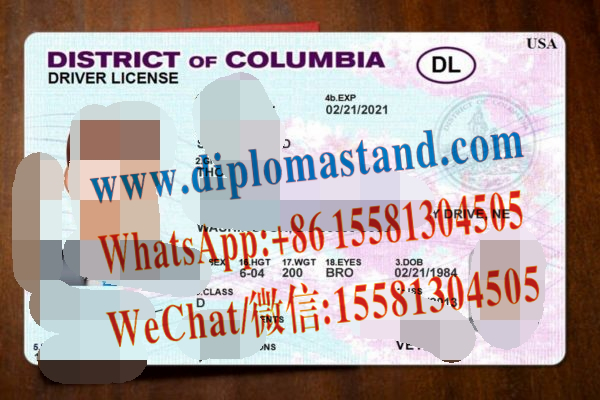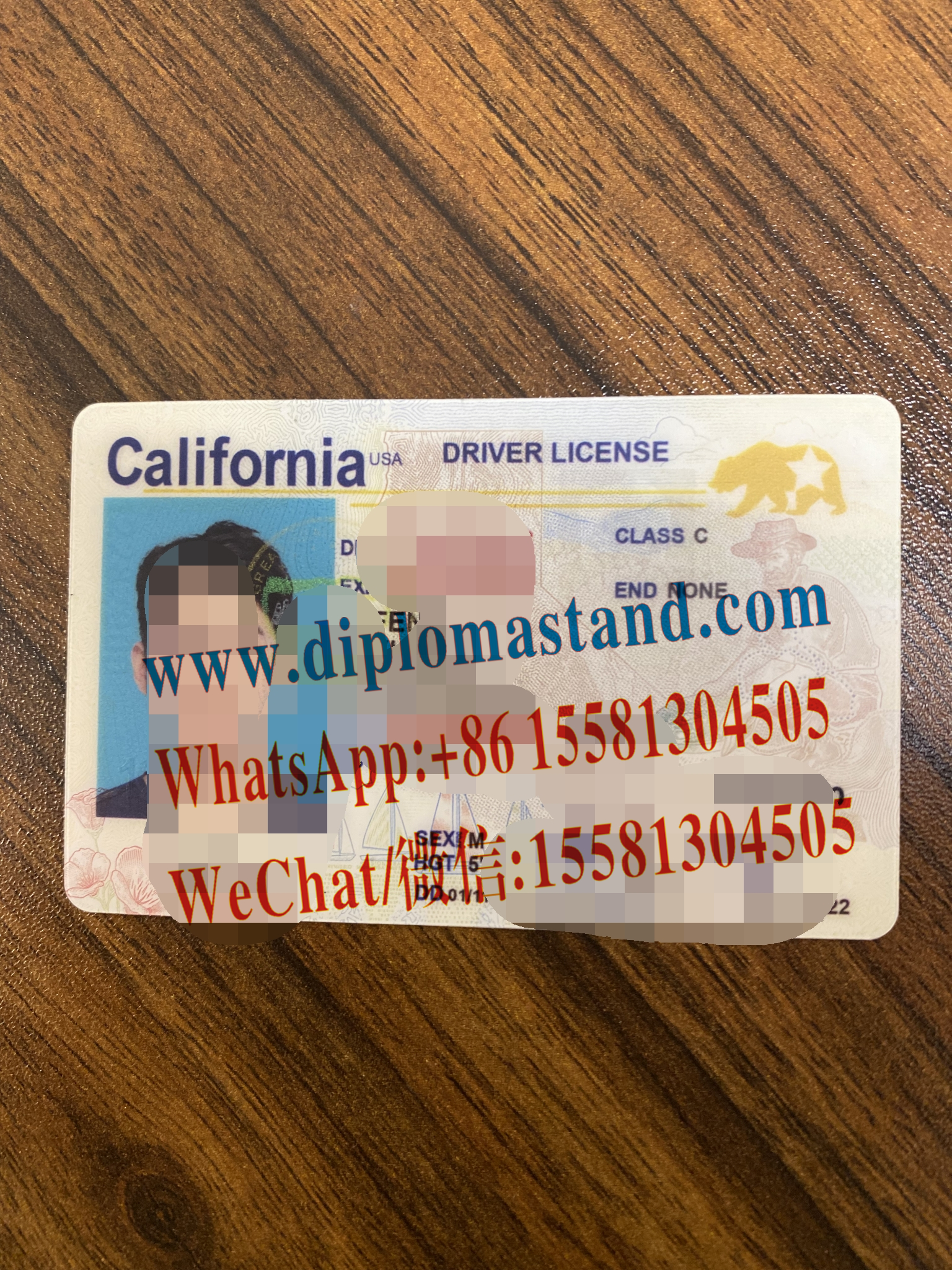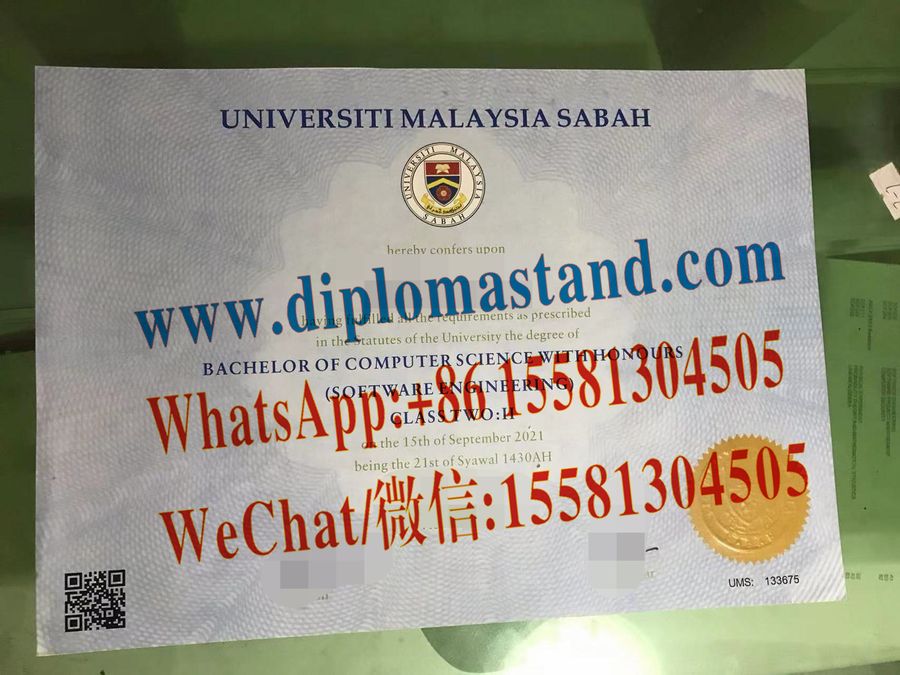Fake NET Certificate
Data:2023-08-17
Fake NET Certificate
Fake NET Certificate: Understanding User Security and Online Scams
Are you aware of the potential risks associated with fake NET certificates? In this article, we will delve into the topic of fake NET certificates and their impact on user security. We'll address common concerns and provide valuable insights to help you stay safe online.
What is a Fake NET Certificate?
A Fake NET certificate, also known as a forged or counterfeit certificate, is a fraudulent digital document that imitates a legitimate NET certificate. NET certificates are used to establish secure connections between a user's web browser and a website. They ensure that the website is genuine and protect against unauthorized access to sensitive information.
The Dangers of Fake NET Certificates
Fake NET certificates pose significant risks to users. By impersonating legitimate certificates, cybercriminals can create websites that appear trustworthy, tricking users into sharing their personal or financial information. These certificates can be used to conduct phishing attacks, distribute malware, or intercept sensitive data transmitted between users and websites.
Identifying Fake NET Certificates
Spotting a fake NET certificate can be challenging, but there are some telltale signs to look out for. One indicator is an untrusted or unrecognized certificate authority, which is responsible for issuing the certificates. Additionally, if a website displays warning messages or prompts regarding its certificate, it may be a sign of a fake.
Protecting Yourself Against Fake NET Certificates
Fortunately, there are measures you can take to protect yourself from fake NET certificates:
- Keep your web browser and security software up to date. Regular updates often include security patches to guard against known vulnerabilities.
- Before sharing personal or financial information, verify the authenticity of the website by checking for a valid NET certificate from a trusted certificate authority.
- Exercise caution when clicking on links or downloading files from unknown or suspicious sources.
- If you encounter warning messages or prompts regarding a website's certificate, refrain from proceeding and report the incident to the website owner or relevant authorities.
- Stay informed about the latest online scams and phishing techniques. Awareness is crucial in protecting yourself from potential threats.
Conclusion
In conclusion, fake NET certificates pose a significant threat to user security. Being aware of the risks and knowing how to identify and protect yourself against these fraudulent certificates is essential for a safe online experience. By staying vigilant and following best practices, you can minimize the chances of falling victim to phishing attacks or other online scams.
Frequently Asked Questions
1. How can I verify the authenticity of a NET certificate?
To verify the authenticity of a NET certificate, you should check for a valid certificate from a trusted certificate authority. If in doubt, contact the website owner for further clarification.
2. What should I do if I encounter a website with a fake NET certificate?
If you come across a website displaying a fake NET certificate, refrain from sharing any personal or financial information. Report the incident to the website owner or relevant authorities immediately.
3. Are there any specific web browsers that are better at detecting fake NET certificates?
All major web browsers have built-in security features to detect fake NET certificates. However, keeping your browser and security software up to date is crucial to ensure you have the latest protection against emerging threats.
Author:admin
Hot News
READING
- Best Fake Hiroshima University of08-17
- How Buy Otago Polytechnic Diploma08-16
- Buy fake Wichita State University08-17
- Make Fake University of the Frase08-17
- How Buy Whitireia New Zealand Dip08-16
- Buy fake Madonna University Diplo08-17
- Buy fake Eastern University Diplo08-17
- Fake Ajman University Diploma Mak08-16
- Best Fake Nihon Pharmaceutical Un08-17
- Fake Merchant Logo Diploma Makers08-17





